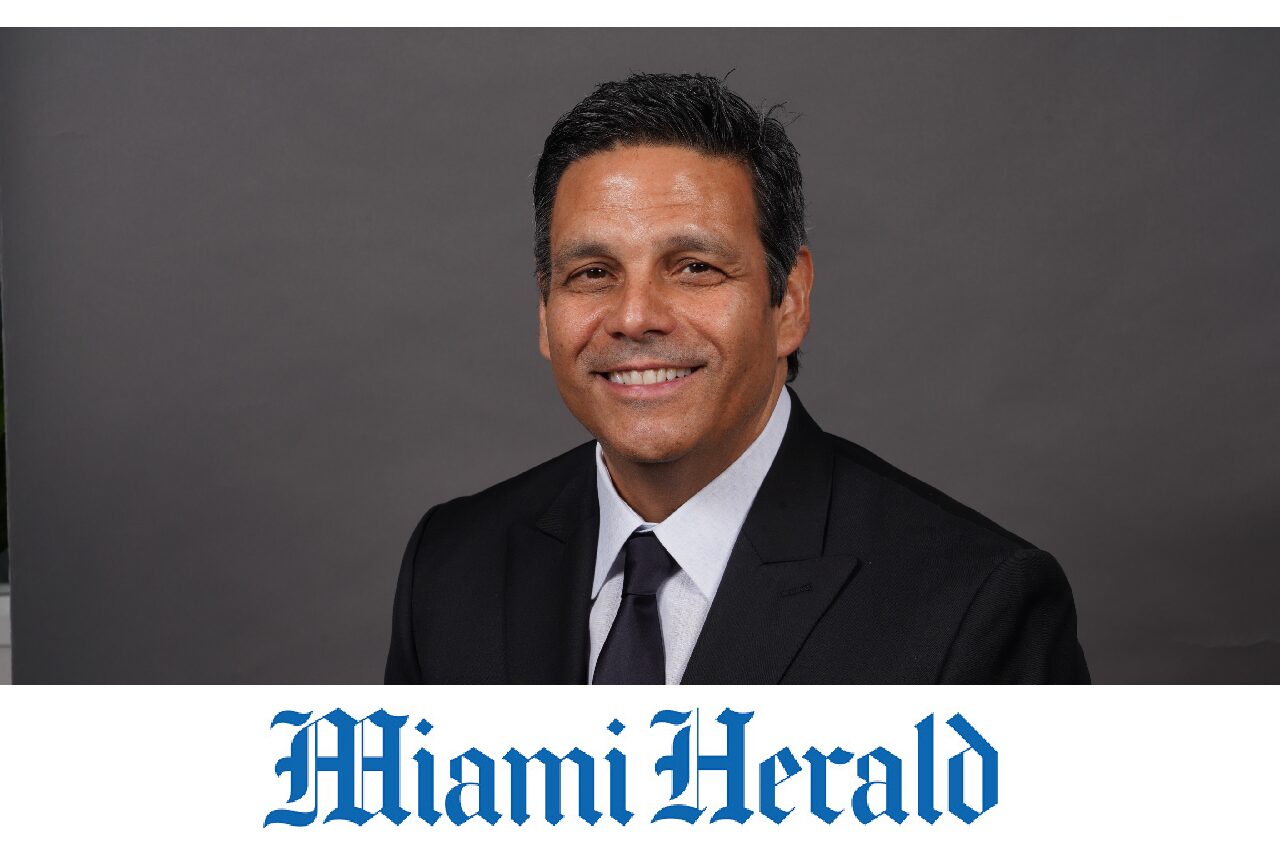Commentary by Karel Suarez, Daily Business Review
On June 16, President Donald Trump announced a cancelation to the post-Dec. 14, 2014 U.S. policy toward Cuba. While speaking before prominent members of the Cuban-American community in Miami, President Trump stated that he is «canceling the last administration’s completely one-sided deal with Cuba,» effective immediately. However, the announced changes do not take effect until the new regulations are officially issued by the different U.S. government departments. The Department of Treasury, along with its Office of Foreign Assets Control (OFAC), as well as the Department of Commerce, will be among the departments that will each have 30 days to review the changes the president has provided. After the 30-day review, the departments will begin drafting the new regulations. It may be months before the new regulations are officially issued, at which moment everything becomes official and binding.
Even though Trump stated that he is «canceling» the engagement between the United States and Cuba, many of President Barak Obama’s 2014 policy changes will remain unaffected. For example, the U.S. embassy in Havana will remain open, as will the Cuban embassy in Washington, D.C. Furthermore, U.S. commercial flights and cruise ships will continue to be permitted to travel to the island. The $2,000 limit on remittances that can be sent to nonfamily members in Cuba, as well as the change to allow travelers to carry as much as $10,000 to Cuba, will likewise not be affected. President Trump also did not reverse Obama’s elimination of the «wet foot, dry foot» policy—the policy that previously gave Cubans a special status and authorization to stay when they reached the United States. And finally, there will be no change in the restrictions on the types of goods that Americans can take out of Cuba, including the country’s popular rum and cigars.
President Trump’s new policy includes the following noteworthy changes: (1) U.S. business entities and individuals will not be able to engage in lawful commercial transactions with Cuban entities that are related to the Cuban military, intelligence or security services; and (2) Americans that were traveling to Cuba under an individual people-to-people general license on their own must once again travel solely in group people-to-people travel, which requires a tour operator.
The first major change prohibits U.S. entities and individuals from engaging in any commercial transactions with certain Cuban entities, such as the management conglomerate known as Grupo de Administración Empresarial, S.A. (GAESA). GAESA is the country’s largest corporation and is owned and controlled by the Cuban government. It is responsible for most of the country’s economy, and is the holding company that controls scores of subsidiary entities operating in areas such as trade, financial services, hospitality and technology. Through its subsidiary Gaviota Tourism Group, GAESA also operates hotels, restaurants and other travel-related businesses. While President Trump’s new policy will severely limit commercial engagement with the island, U.S. entities will still be able to conduct business with Cuban entities owned by the Cuban government, as long as they are not owned or operated by the Cuban military, intelligence or security services. Notably, GAESA does not own the airports or cruise ship terminals, which is why U.S. commercial airline and cruise ships companies will not be forced to cease operations in Cuba.
The second major change imposes restrictions on travel by Americans to Cuba. Before President Obama eased the travel restrictions, most Americans without family ties to Cuba traveled to the island on expensive «people-to-people» guided tours, dedicated to full-time «meaningful interaction» with the Cuban people. President Obama eliminated the tour requirement, allowing Americans to travel to Cuba on individual «people-to-people» trips that permitted travelers to «self-report» that they were engaged in such people-to-people engagement. Travelers were legally required to maintain logs of their full-time «people-to-people» schedules, but the Obama administration made it clear it would not enforce the requirement. President Trump’s new policy will re-impose the requirement that «people-to-people» travelers may only go to Cuba with heavily regulated tour groups. Furthermore, President Trump made it clear that his administration will enforce the requirement. The policy will also ban most Americans traveling to the island to engage in any transaction with a GAESA-owned entity, such as hotels, gas stations and convenience stores. Americans will have to stay at hotels not owned by GAESA or opt for Airbnb providers. Further, Americans will not be able to eat at GAESA-owned restaurants.
Again, none of these potential changes will take effect until the regulations are issued by the different departments in the coming months. The forthcoming regulations will be prospective, and thus will not affect existing contracts and licenses given to U.S. businesses.















